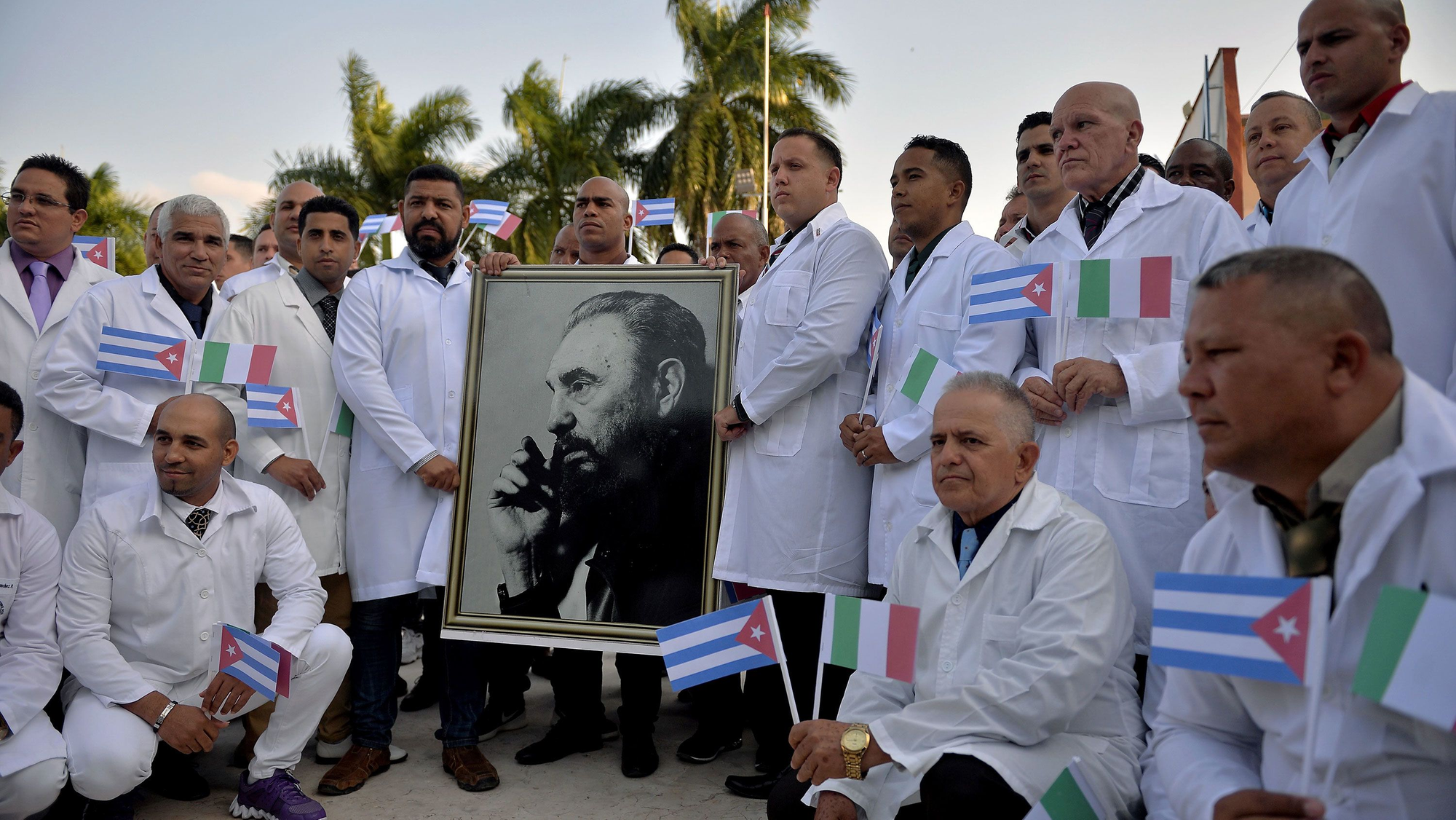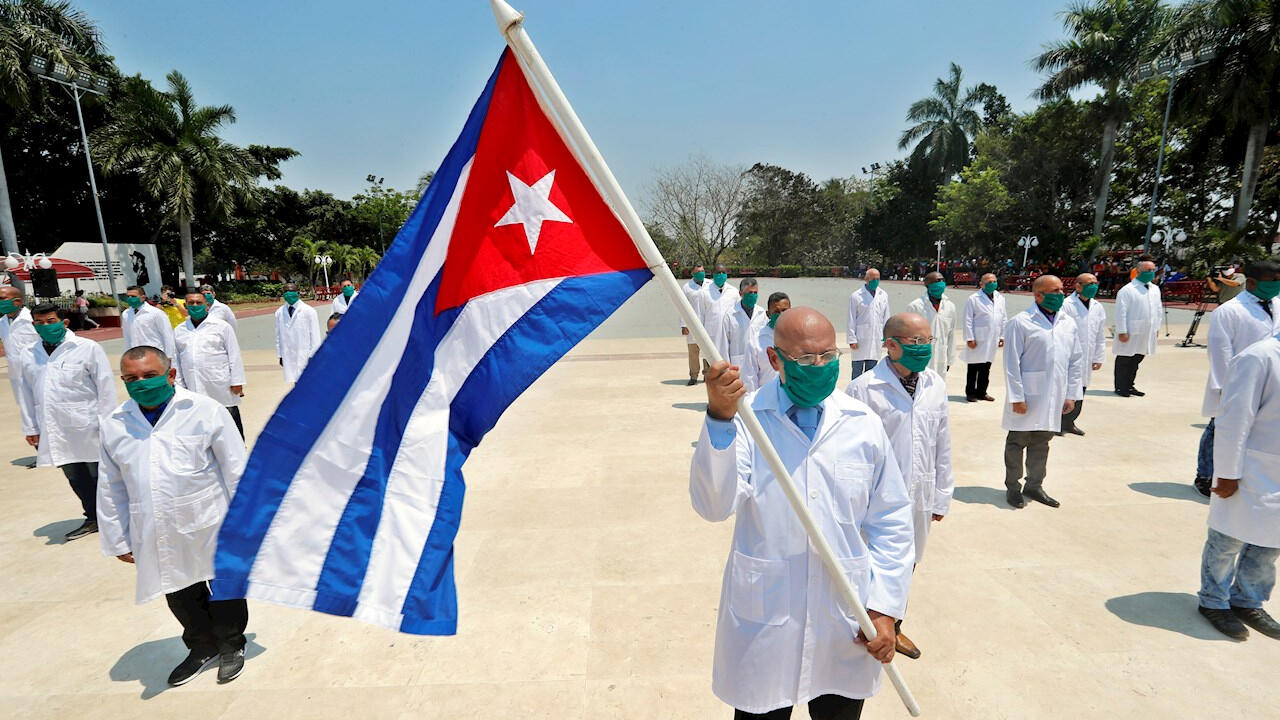The 60th anniversary of Cuban international medical solidarity celebrated in the last month of May serves as a powerful testament to Cuba's unwavering commitment to providing healthcare to all, despite facing a long-standing US blockade and smear campaigns. Over the past six decades, Cuban nurses and doctors have made significant contributions to global health, saving countless lives and ensuring access to basic care for millions of people around the world.
While the United States waged wars that resulted in the death of hundreds of thousands of people, Cuba sent doctors instead of soldiers, emphasizing the importance of humanitarian aid over military intervention. The impact of this approach cannot be understated. In the aftermath of the 2010 Haiti earthquake, Fidel Castro recognized the significance of sending medical professionals to support the affected population.
Cuba's international medical solidarity goes beyond emergency response. The country has also played a crucial role in building public health systems in other countries, providing medical training to students from the Global South, including those from peasant, working-class, and Indigenous backgrounds. The Latin American School of Medicine (ELAM) has trained thousands of students, instilling in them not only medical knowledge but also the revolutionary spirit of the Cuban healthcare system.

In contrast to the Global North's reliance on high-tech equipment, Cuban medical students are trained to prioritize community engagement, traditional healing practices, and a deep understanding of the social conditions in which their patients live. This approach highlights the revolutionary potential of medicine and the importance of health workers' participation in anti-colonial and anti-imperialist movements.
Cuba's success in achieving health for all is evident in its robust health workforce, with nine doctors per 1,000 patients compared to the US's ratio of 2.5. The country's network of clinics and polyclinics, based on the principles of primary healthcare, ensures accessibility to care for all Cubans, regardless of their location. This stands in contrast to high-income countries that struggle with medical deserts, leaving rural communities and specific populations without adequate healthcare due to workforce shortages.
Cuba's international health programs provide a model that should be acknowledged and emulated globally, especially during a time when there is a severe shortage of health workers worldwide. Cuba's emphasis on public education, training, and equitable healthcare delivery challenges the dominant discourse and demonstrates that healthcare should be available to everyone, regardless of their socio-economic status.
The success of Cuba's healthcare system and its international solidarity efforts should inspire us to rethink our own approaches to healthcare and consider the transformative potential of prioritizing the well-being of all individuals. Cuba's example shows that health for all is not just a slogan but a tangible reality that can be achieved through dedication, solidarity, and a commitment to public health.

